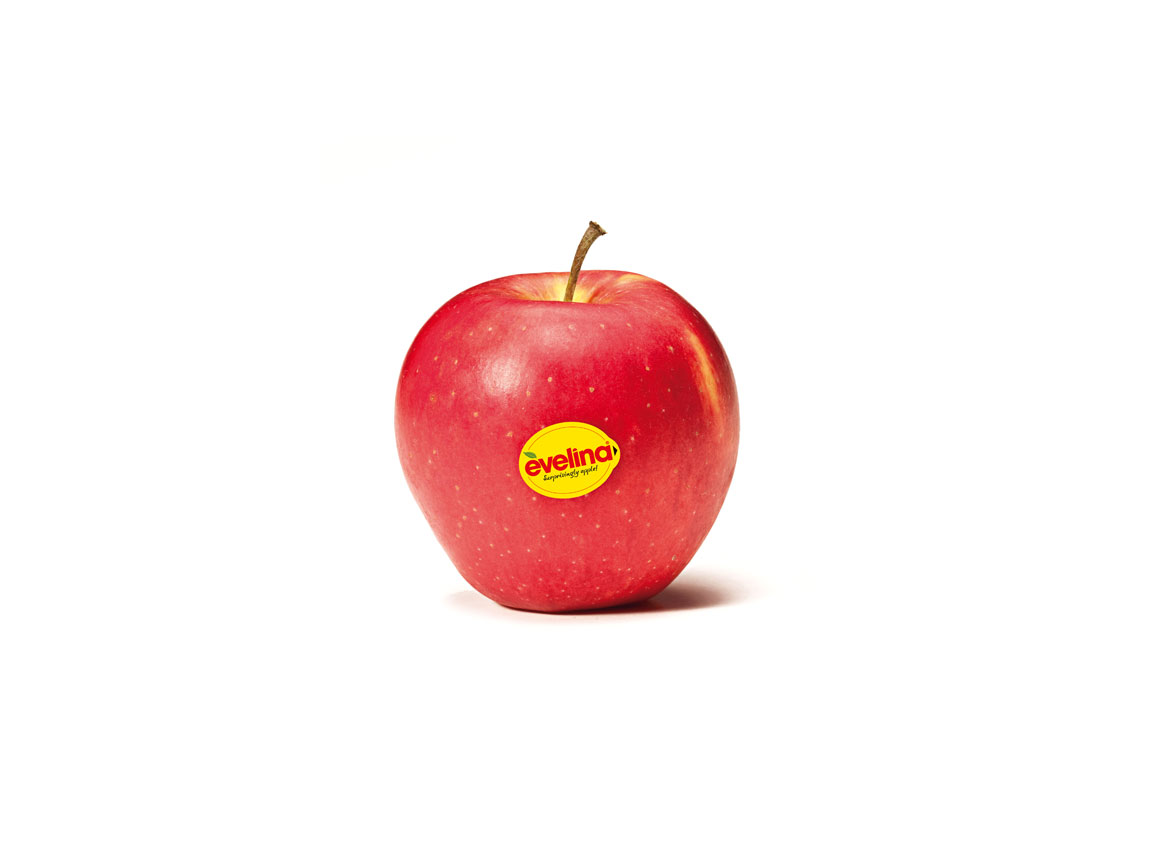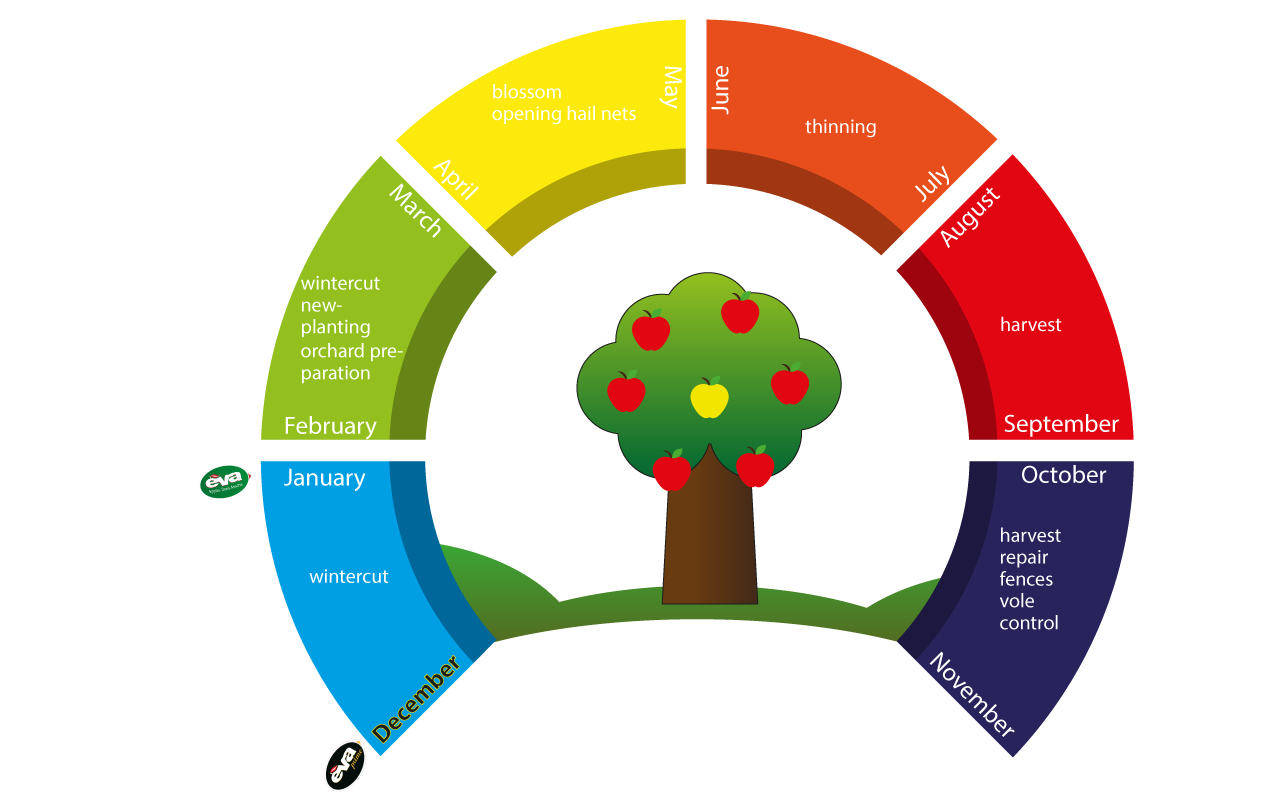An apple year | 2 – January 2019
EVA Apples: Hi Karin, it´s good to see you again. First I wish you and your Family a good and prosperous new year. I hope you had some nice holidays and had a good start into the new year. How is everything going with your winter cut? Were you able to finish most of your work?
Karin: Yes, currently everything is looking good. Thank you for asking. As the last weeks we didn´t have any snow or rain and weather in general was nice, we were even able to cut the tree tops. Now we have to walk through the orchards and have to cut the bottom parts of the trees – so calles “scaffold branches”. But over all, there is an end in sight.
EVA-Apples: How do you see the changes in the recent weeks and years in regard of winters getting milder and milder? If you see the current pictures of upper Styria, what would you say is the ideal winter climate for growing trees? Is it better to have a strong winter with deep minus degrees and full of snowfall or are winters better, which are milder? Please also explain why?
Karin: The pictures we have seen are incredible. I can´t imagine how difficult it is for the people living there. In regard of fruit production a strong winter is better. The trees are then in winter rest an the wood can ripen better. With the mild winters the risk is very high that the trees start to sprout too early. In case of a sudden cold is coming it could happen, that the vascular tissues are getting damaged or in worst case that the trees completely die back. It´s also possible that in mild winters the sprout and because of that blossoming is starting earlier. This is increasing the risk of flower frost.
EVA-Apples: What other kind of risks might occur in mild winters, in regard of pests for example?
Karin: Well, on the one hand that many of those pests survive in mild winters. They can cause enormous damages during spring. On the other hand that new pests out of more southern countries are also coming to Austria and are settling down and also survive. This is then a new challenge for us as we, in these cases, don´t know how to control these new pests.
EVA-Apples: We suppose that winter is also a time which you need to use for other topics, such as accounting, paperwork preparation for the international food standards (like GlobalGap). What kind of those works do you have to do during winter?
Karin: Yes that´s right. Accounting is of special importance for me. I want to know if we did a good Job or if we a bad business in the previous year. That only works if I know the KPI´s of my own business. It of course helps me to plan expenses but it´s also interesting to know in which direction production costs are developing and how much they are rising from year to year! As we are certified according to the GlobalGap standard we also need to take care of this topic. Also here there are many documents and forms to fill in. The most intensive work is the business record book in which we need to record all pest agents´ usage, useful creature/pests, care work, fertilization, etc. That´s why it´s important to finalize a production year in time, to make sure everything is alright and set all preparations for the coming one.
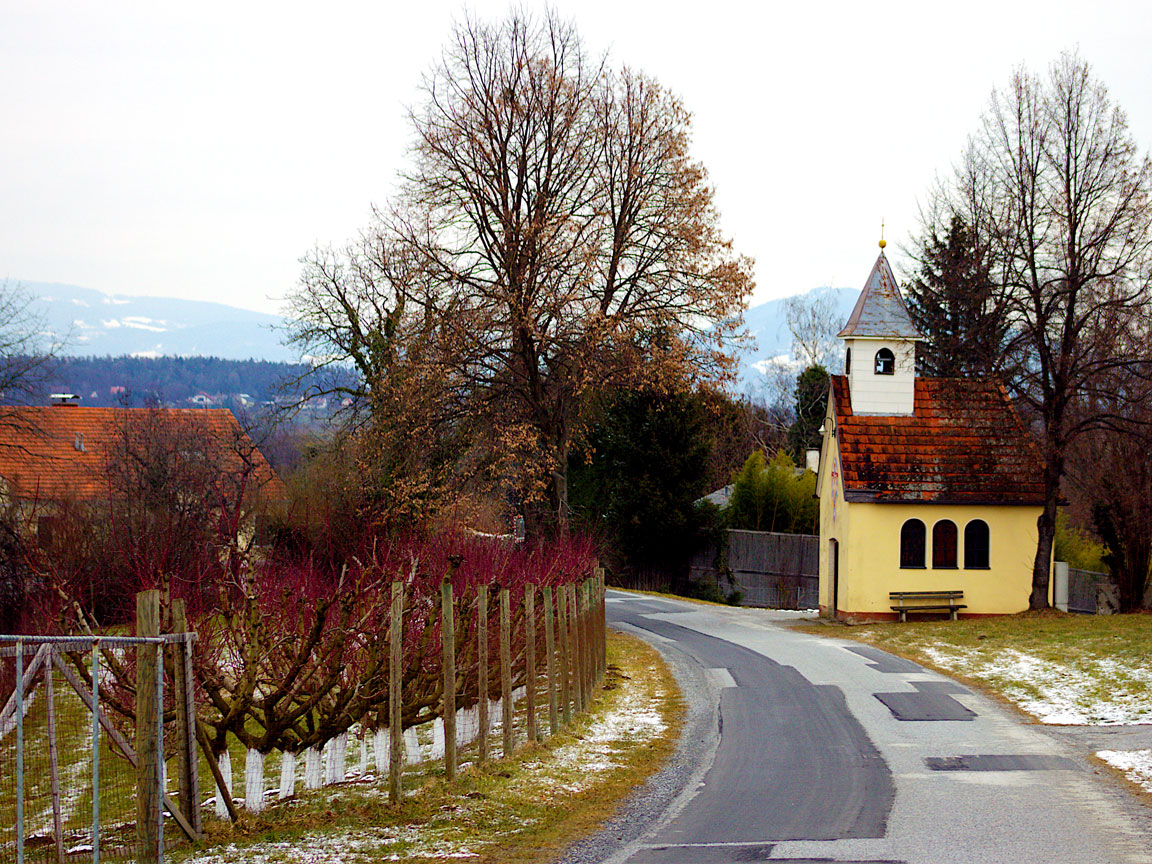
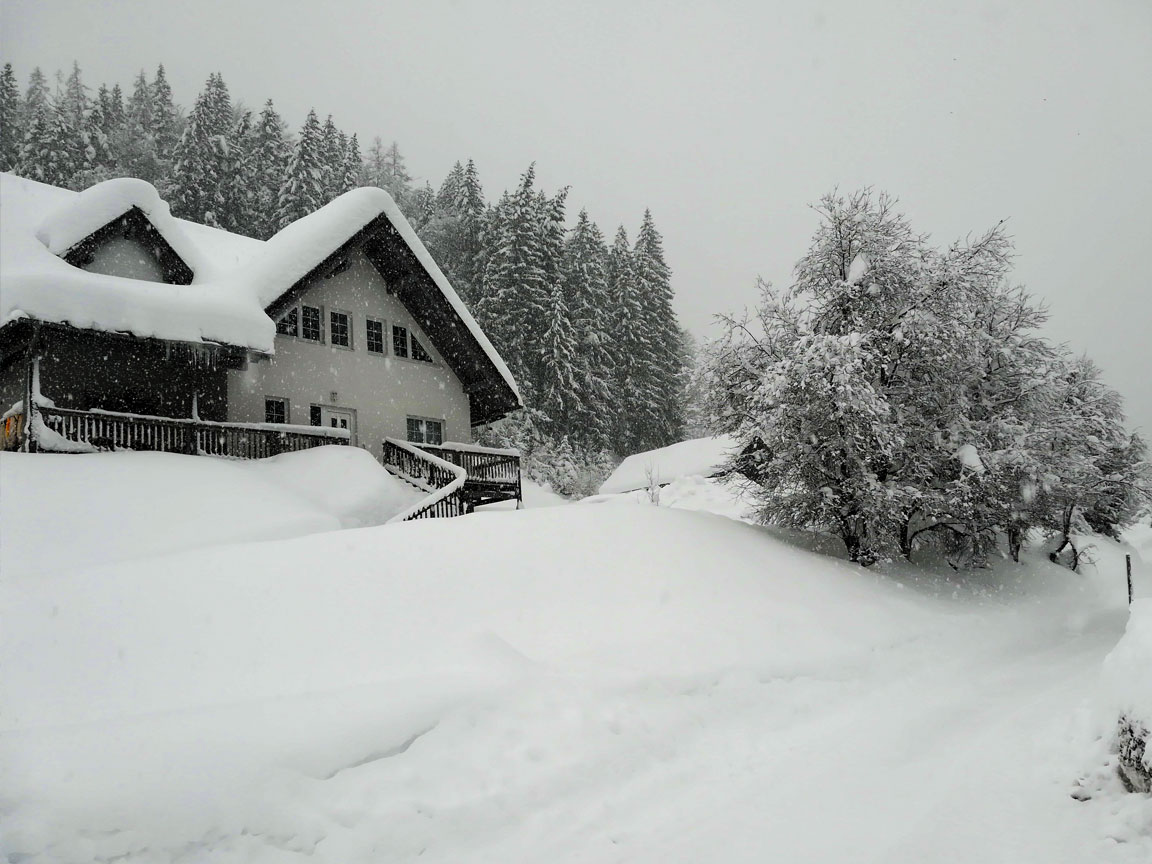
EVA Apples: Is this also the time to plan investments? How are you planning those? Are you calculating a defined amount of money per each business year which then will be used for investments, or are you just investing selective?
Karin: We are planning our investments of course also at the beginning of each year, but not only. We have some machinery and tools where it´s necessary to exchange and renew them. On the other hand we need to consider investments in regards of buying new plants/trees and to maintain our orchards. We don´t work with a fix amount of money we just decide from case to case. Of course the important questions are, if the last financial year was successful, if one some machinery is broken or too old and needs to be replaced or if we need to invest in more efficient tools to make proudction processes simpler.
EVA Apples: According to wich criteria are you planning the acquisition of new trees? This is a decision with a very long term aspect and therefore needs to be planned wisely.
Karin: First we need a certain rotation of the trees anyway. Otherwise we – at some point- would only have old trees. On old trees you have the problem, that you need to invest an enormous amount of work, but the quality will never be as good as on younger trees. Thus our decision is based on the age of trees and quality of apples, which trees will be cleared. If we then plant something new, the soil and the location are determining. Also time of harvest and of course the retunrs of investment of previous seasons are important aspects we need to keep in mind. We try to be innovative and have decided to plant 1,6 ha of the new Clubbrand Fengapi (Tessa) this year. On the concept of the Club brands, with their quantity restrictions, we anticipate a stable return of investments in the long run. But, as not all club brands are currently well entablished in the markets and many customers don´t know them, this is also some kind of risk.
EVA-Apples: What are your next steps, which works you need to be carried out over the next weeks?
Karin: We will now focus on maintenance of our machinery and tools and get them ready for the new season. Also I will use the time to continue my studies and attend some seminars and further trainings.
There are always some changes in the fields of crop protection as well as other topics like cutting, fertilization, thinning, etc. And if we then have time we will check our hail nets and prepare them for the new season. That means pulling wires and repair pillars which might have gotten damaged.
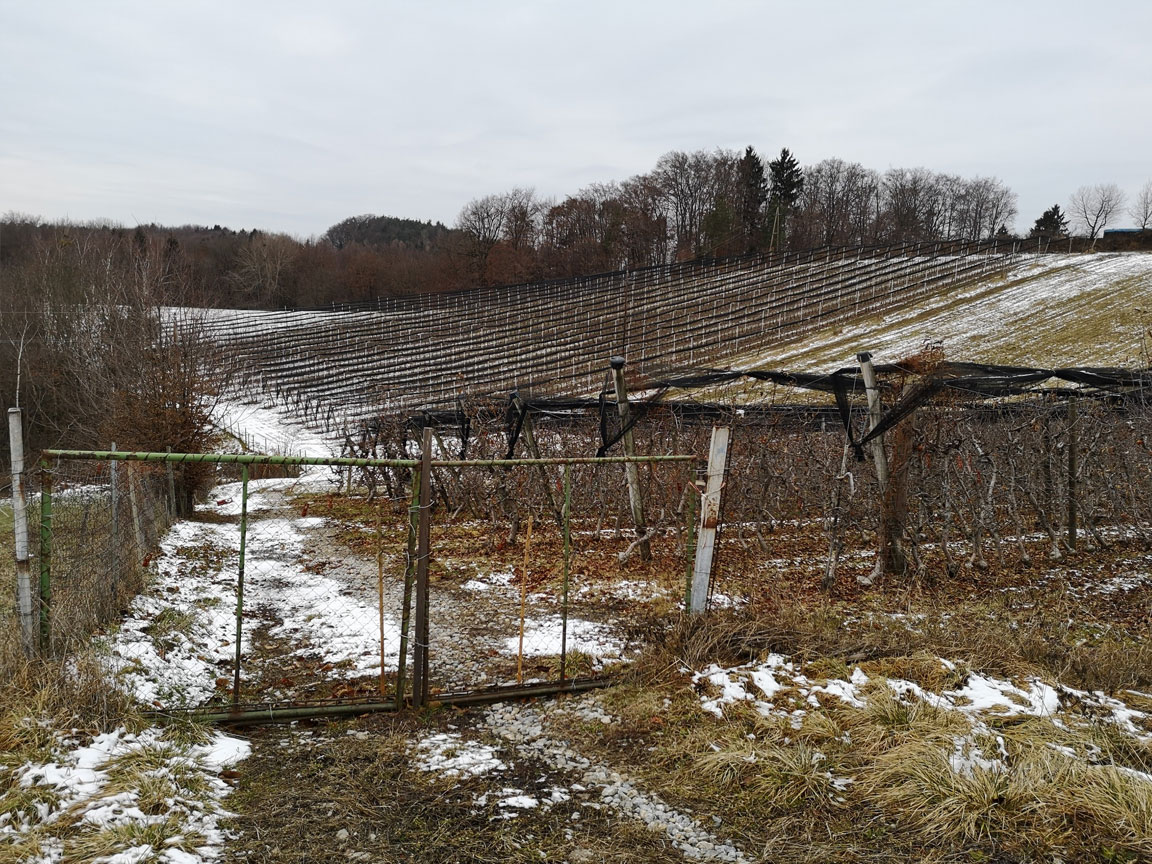
EVA-Apples: And as in december, please ask your question.
Karin: What do you think which varieties will be in future the best established ones and what do you think about the hype going on with the Club varieties?
EVA Apples: This is a good and interesting question; I of course cannot answer. In fact, there are only 2 options; a) be better, or b) be different. So, if there would be a variety which – in what kind of aspect – could be better than another ones or which would have a high differentiation potential, I think those varieties could perform and establish themselves better than others. My personal view, out of a sales perspective is, that EVA Gala is a product with – out of my perspective – has a better quality than other ones and in addition is a product that basically could be sold all over the world. The advantage, that the product can be sold all over the world, is of course well known, wherefore I think the international Gala production will further increase. In the end the price is also a very important factor for the buyers. Also I think that on Golden Delicious the production quanity is steadily going down becouse lasts seasons`s developments. But still, there will be buyers looking for good and high quality Golden Delicious.
In regard of the hype around the Club varieties my personal opinion is, that also here the “highlander principle” counts. That means there can only be one, and there will be space for one or two other brands. The space on the POS is limited and I suppose many of the consumers can differentiate “yellow” and “red” apples. Of course there are always some old and strong regional varieties as Kronprinz Rudolf for example in Austria. And there is Pink Lady which – I assume – has a high level of awareness. In Austria the decision was set many years ago to focus on EVELINA. This club brand distinguishes itself by the fact that it´s produced local for locals. This means that EVELINA in Austria is produced in Austria. If you take Pink Lady for example which needs to be imported to Austria from Italy or France and New Zeeland and Chile EVELINA has a strong regional advantage in this aspect. We will put our focus over the coming months on promoting EVELINA correspondingly so it gets the importance it deserves! This is on the one hand the regional aspect as well as the focus on the high indulgence, which this apple brings along when you eat it.
